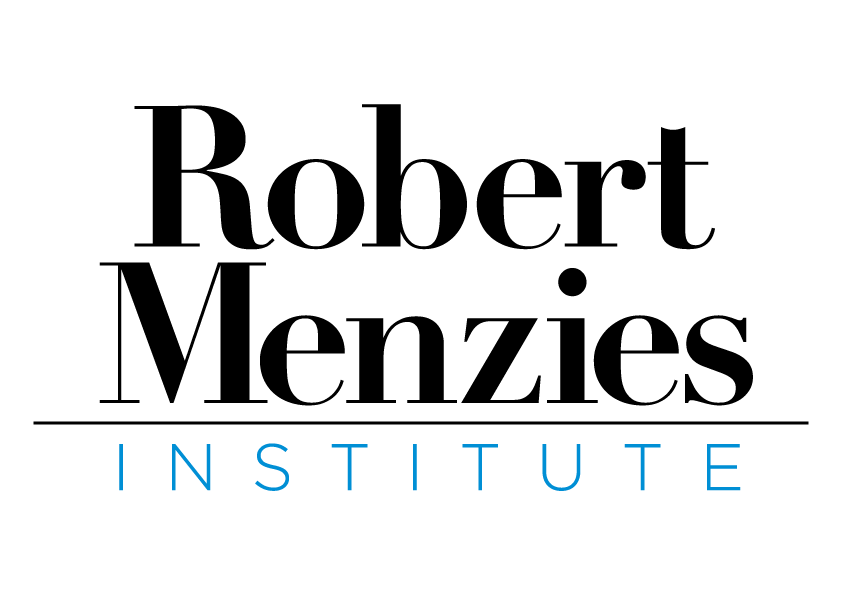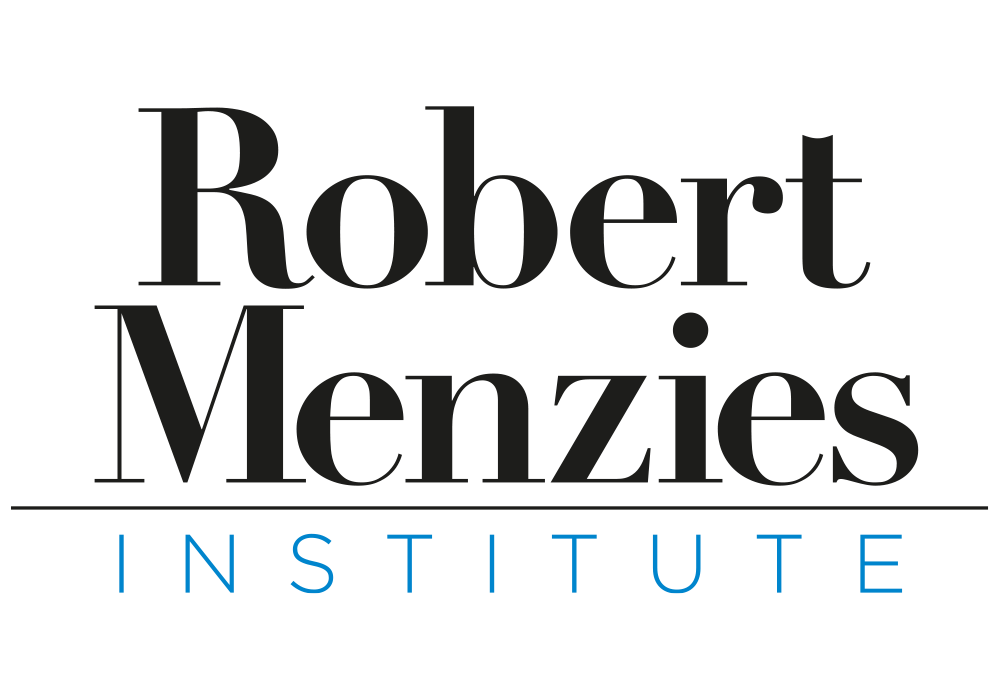Creation of the United Australia Party
1931 election advertisement, from The Bulletin.
On this day, 22 February 1932, Robert Menzies as President of the National Federation announces that the NF is merging to become part of the new United Australia Organisation. In effect, this spelled the end of the Nationalist Party which had served as the main political vehicle of the Australian centre-right since 1917. Menzies is often remembered as the ‘founder of the Liberal Party’, but he was also pivotal to the creation of its immediate predecessor the UAP – a party which only ever lost one election.
Menzies had entered Victorian politics in 1928 as a member of the Nationalists, but he had long been critical of the party which he believed had been captured by vested interests and big business. This came to the fore in 1929, when Menzies resigned from the McPherson Government over a proposal to prop up a failing business in the interests of the Country Party. That same year, Menzies helped set up ‘The Young Nationalists’, a youth orientated movement which sought to inject liberal principles and robust ideas into the political discourse, including through its own political journal. The organisation proved so successful that the National Federation ultimately conceded the Young Nationalists three positions on its Central Executive, a position from which Menzies would ascend to become NF President in 1931.
At this time, Australian politics was gripped by the onset of the Great Depression and consequent debate on how to respond. Australia was then heavily indebted thanks to immense borrowing during the 1920s and First World War, and political lines divided over whether the government should focus on paying back that debt and cutting spending to maintain our reputation, credit and financial system, or if it should find creative ways to minimise its obligations and in the hope of keeping cash available to prop up the economy. When the Scullin Labor Government began to split over this issue, Acting Treasurer and former Tasmanian Premier Joseph Lyons proved himself to be a strong proponent of fiscal conservatism at a time when some radicals, headed by New South Wales Premier Jack Lang, were contemplating repudiating Australia’s debts entirely and all but repudiating property rights in the name of explicit socialisation.
Deeply concerned about the future of the nation, Menzies spearheaded ‘the group’ of leading Melbournians who began laying the groundwork for a new political organisation that could act as a vehicle for Lyons to lead the forces of financial responsibility. At a meeting on 4 February 1931, Menzies proposed to Lyons that he leave the Labor Party and promised him support if he would lead a new political force to defend the national interest. Lyons was initially hesitant, and insisted that he must first try to convince Labor’s caucus to back his proposals over the inflationary schemes of the actual Treasurer ‘Red’ Ted Theodore. When this failed, Lyons made the fateful decision to defect from the party to which he had dedicated much of his life. On 13 March he announced his intentions, telling Parliament:
‘I believe that the policy of this Government means an increase of unemployment, misery and destitution... The only way in which to relieve unemployment is to restore confidence … If confidence were restored industry would again begin to move forward, and employment would be found for a large number of people who are now out of work... The Prime Minister … has within his ranks today those who declared for, what he and I had described, as repudiation. On the public platforms of this country they denounced the methods adopted by the Prime Minister in the conduct of the Niemeyer proposals, and also condemned the Acting Prime Minister (Mr Fenton) and myself. The present Treasurer is one who did that … Meanwhile, we are marking time, while so many of our people are tramping the country bare-footed, hungry and shelterless …Yet we sit here, talking nonsense about visionary schemes that we know will not be accepted! I believe that what is required of us is to lead the people firmly and unfalteringly along honest lines of finance and government.’
Several Labor members followed Lyons in leaving the party, and Scullin was subsequently defeated by a successful no confidence motion. In the aftermath, Menzies was one of several people who met with Opposition Leader John Latham to convince him to step aside for Lyons. Their desired political platform would be centred around sharing the sacrifices necessary for getting the nation through the immense challenge ahead, and Lyons’s kind face and humble origins were thought better suited to selling that message to the electorate and encouraging national unity. This imperative was reflected in the name the centre-right adopted to contest the upcoming federal election, the ‘United Australia Movement’.
Ahead of the poll, Menzies gave a statement:
‘The great fight which precedes the fateful 19 December is your fight. Nobody else can do your political duty for you! And your fight is Australia’s fight. All the things we value in our political life—honesty of government, orderly and sane finance, high national reputation and the security of our British traditions—are in issue in this election. We are confident of victory if all who love Australia, and who are proud to call themselves British, will work together. Let every personal and sectional difference be put on one side. All organisations and all persons standing behind the United Australia movement, under the popular leadership of Mr Lyons, should strive towards the common objective—the defeat of the Scullin–Theodore Government, with its discreditable record of weakness in emergency, financial incompetence, and utter indifference to the real needs of the men and women of Australia’.
The result was a landslide, with the UAP winning enough seats to govern in its own right without the need for Country Party support. Lyons would ultimately succeed in guiding Australia through its economic turmoil, and become one of our most popular long-term prime ministers. Despite still only being in the Victorian Parliament, Menzies had played a crucial backroom role in successfully responding to a national crisis. He would be rewarded at the next federal election in 1934, where he would take up Latham’s seat of Kooyong and immediately ascend to become Attorney General and soon afterwards deputy leader.
Further Reading:
David Kemp, A Liberal State: How Australians chose Liberalism over Socialism, 1926-1966 (Melbourne University Press, 2021).
A.W. Martin, Robert Menzies, A Life: Volume 1 1894-1943 (Melbourne University Press, 1993).


